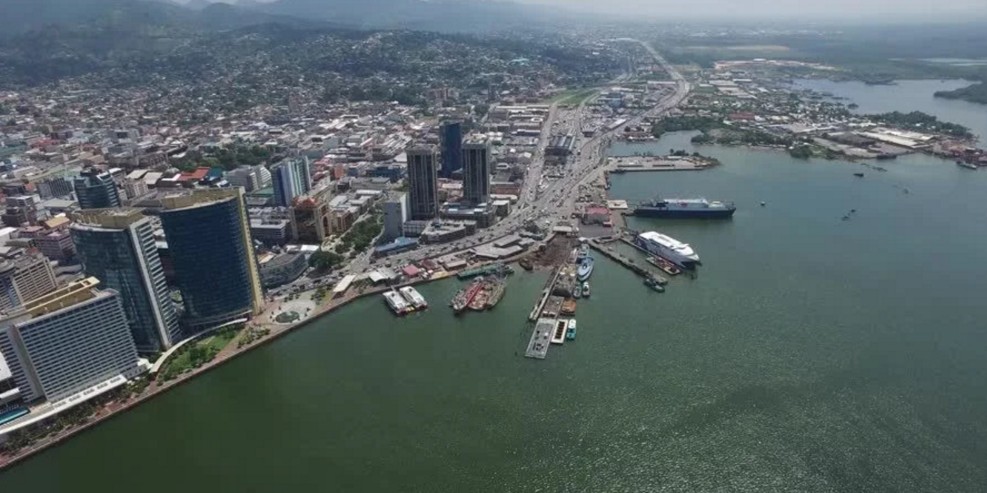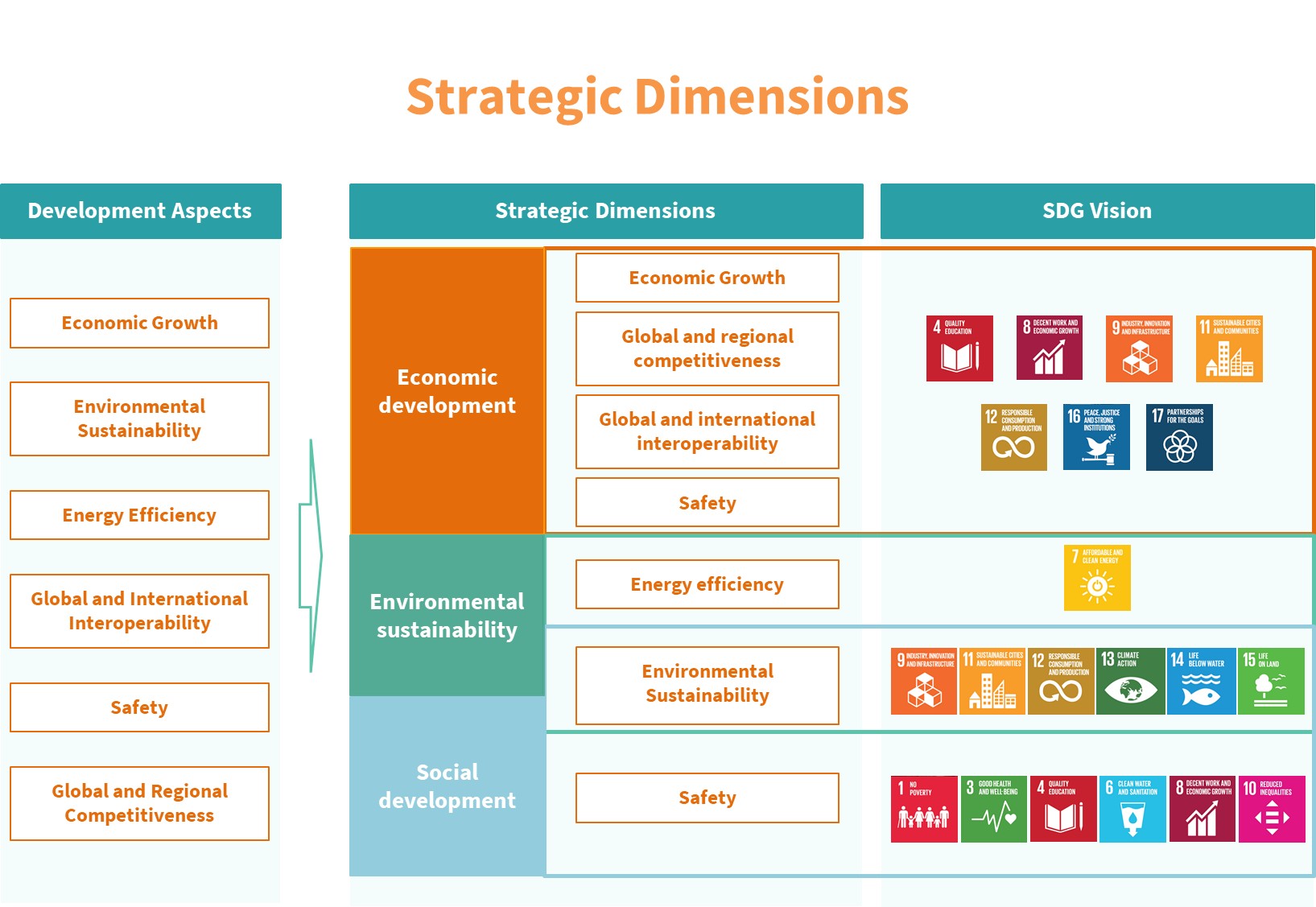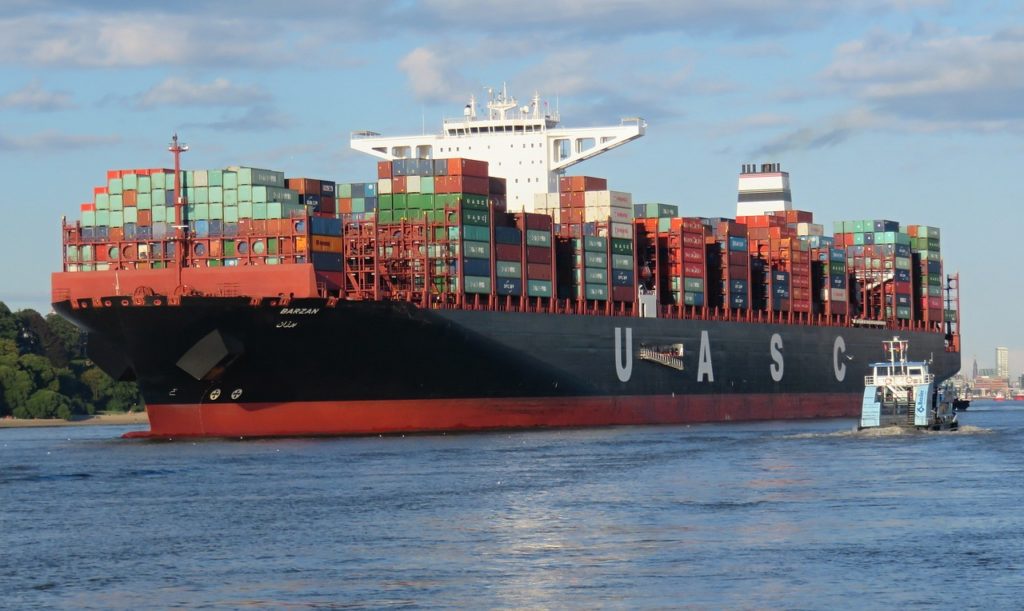
The consultancy financed by the Inter-American Development Bank for the Government of Trinidad and Tobago has been successfully delivered by CENIT and fellow research partners; CPCS Canada and Fisheries and Marine Institute of Memorial University of Newfoundland.
Lead researcher Genís Majoral explains, “one of the first issues we discovered is the sheer diversity of maritime economic sub-sectors. We grouped these sub-sectors around five economic ecosystems:
- maritime and port which includes bunkering, maritime transport and transhipment, port operations and development, cold stacking, ship repair, dry docking, breaking and recycling
- food, principally fisheries
- defence
- tourism including yachting and underwater cultural heritage
- and the rest of the economy which would include enabling elements such as spatial planning, special economic zones, energy sector (renewables), etc.
What we found was that whilst many of these sectors such as fisheries, tourism, shipping and energy already had policies and legislations there was not a comprehensive strategy and policy framework, and that really is key to coordinate and guide any strategic actions to be developed by the public and/or private sector.”
The lack of investment in infrastructure, what could be deemed excessive bureaucracy and the lack of updated regulation/ legislation in the maritime sector is drastically limiting the growth and development potential of this sector and the economy as a whole. All of this has a knock-on effect as these inefficiencies directly impact on the cost of imports and exports and in turn the cost of living. Not to mention the uncertainties created by the COVID-19 pandemic, which have heavily affected maritime trade and the wider economy of Trinidad and Tobago.
Majoral continues “the project has been an intense 6 months including a consultative phase engaging over 40 stakeholders mostly via web-based meetings due to the fact Trinidad and Tobago was in lock-down for most of the project time frame. The new Maritime Policy and Strategy was drafted and then validated to gain critical buy-in and feedback of key stakeholders.”
The new National Maritime Policy and Strategy for Trinidad and Tobago, under a 2030 vision to prioritize investments and build a strategic road map for a sustainable, diverse, viable, carbon neutral and self-sufficient maritime economy in Trinidad and Tobago.
Read the full validation document on the Trinidad and Tobago Ministry of Works and Transport webpage:

Figure: Strategic dimension of the strategy and alignment with the goals of the UN 2030 Agenda.










